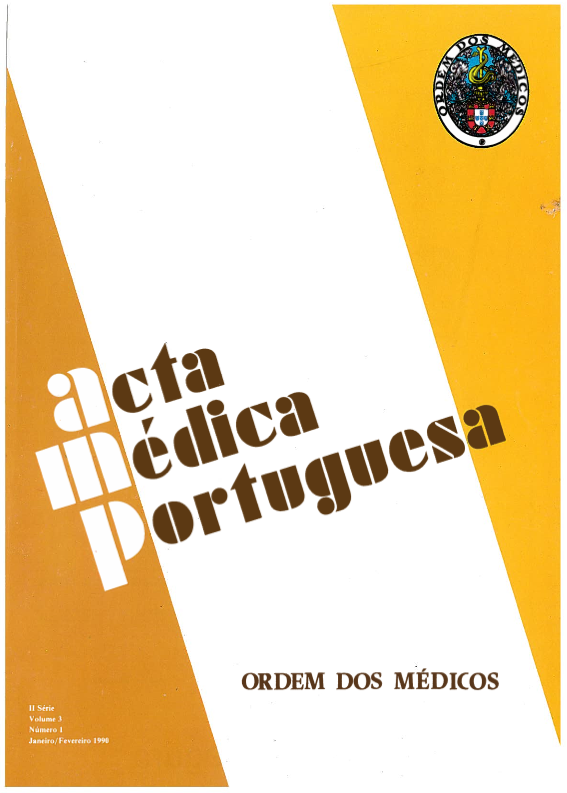Structuring a clinical information system for hospital services: BASELINE.
DOI:
https://doi.org/10.20344/amp.4532Abstract
Clinical database systems have been in use since 1972, but they still fail to meet most of the requirements they were aimed at. This includes not only the management of administrative tasks, but particularly the support of medical activities. Our study presents an experimental model of a clinical database system for general hospitals, mainly dedicated to the support of some basic, fundamental clinical activities, namely the management of baseline patient data. This model is based on a modular concept, and its core is represented by a Minimal Data Base Set designed to meet the specific requirements of each Department and of each distinct area within a Department. The system does not interfere with routine clinical work and tries to offer a high level of services to users. A number of utilitary programs simplify user interaction with the system, such as a menu-driven data-entry program, a semi-automatic codification program that follows the OMS/ICD-9-CM coding system, and a menu-driven program for data retrieval. Basically, this system can be helpful for the automatic edition of clinical reports and the retrieval of patient records meeting conditions specified by the clinician.Downloads
Downloads
How to Cite
Issue
Section
License
All the articles published in the AMP are open access and comply with the requirements of funding agencies or academic institutions. The AMP is governed by the terms of the Creative Commons ‘Attribution – Non-Commercial Use - (CC-BY-NC)’ license, regarding the use by third parties.
It is the author’s responsibility to obtain approval for the reproduction of figures, tables, etc. from other publications.
Upon acceptance of an article for publication, the authors will be asked to complete the ICMJE “Copyright Liability and Copyright Sharing Statement “(http://www.actamedicaportuguesa.com/info/AMP-NormasPublicacao.pdf) and the “Declaration of Potential Conflicts of Interest” (http:// www.icmje.org/conflicts-of-interest). An e-mail will be sent to the corresponding author to acknowledge receipt of the manuscript.
After publication, the authors are authorised to make their articles available in repositories of their institutions of origin, as long as they always mention where they were published and according to the Creative Commons license.









